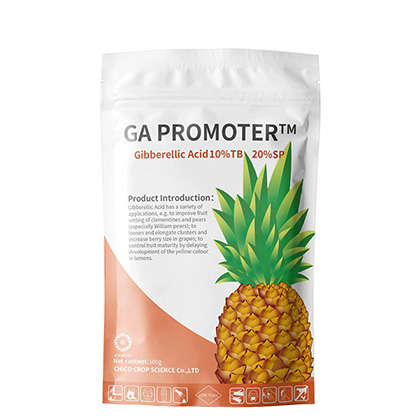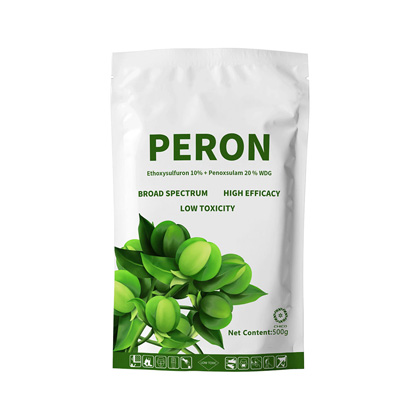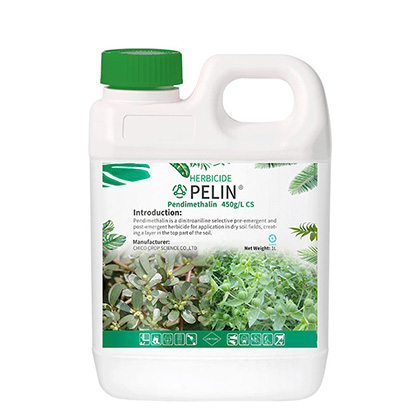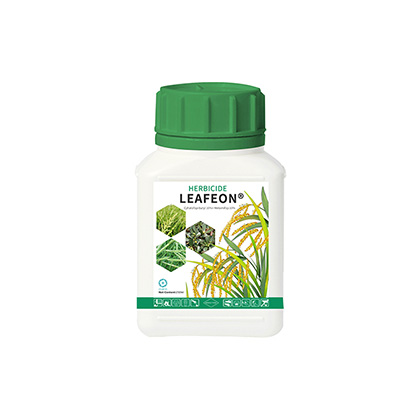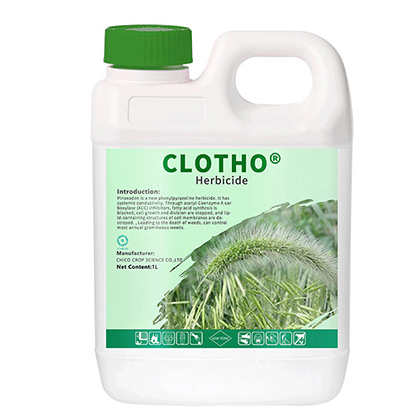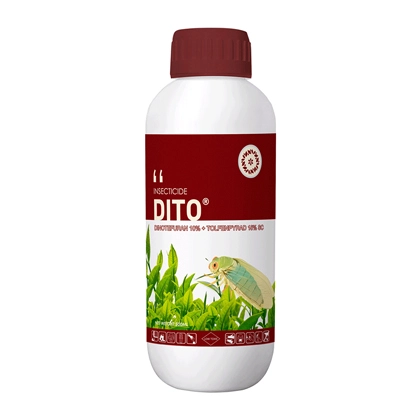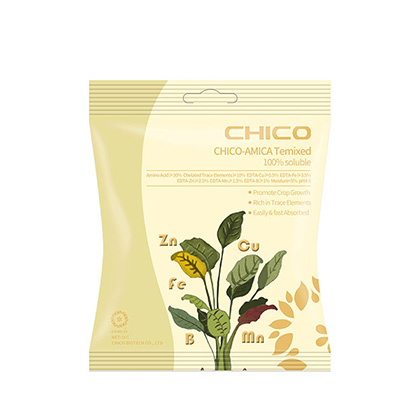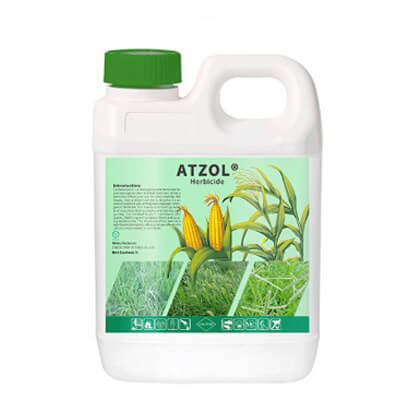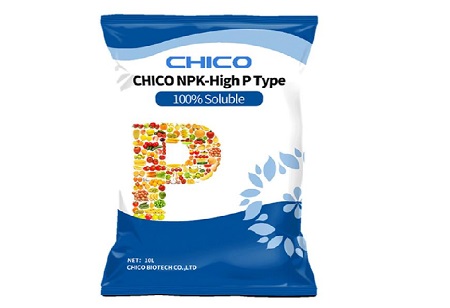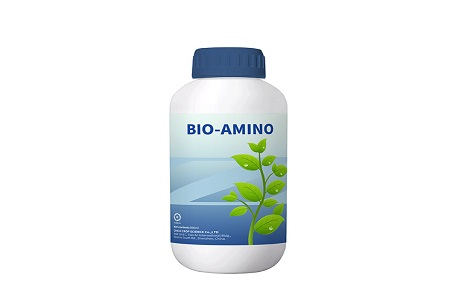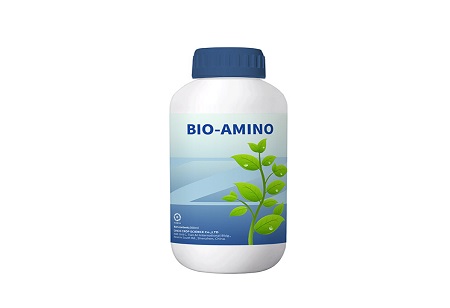
Amino Fertilizer and Its Applications in Different Crops and Growing Conditions
In recent years, the use of amino fertilizers has gained significant attention in the world of agriculture. These innovative fertilizers, enriched with amino acids, provide a wide range of benefits for different crops and are ideal for various growing conditions. In this blog post, we will explore the diverse applications of amino fertilizers and how they can revolutionize the way we cultivate crops.
Before delving into the applications, let's first understand what amino fertilizers are. Amino fertilizers are organic fertilizers that contain amino acids, which are the building blocks of proteins in plants. These fertilizers are derived from natural sources such as plant extracts, animal products, or even waste materials like fish by-products. They come in different forms, including liquid, powder, and granules, making them suitable for various application methods.
Enhancing Nutrient Uptake
One of the key advantages of amino fertilizers is their ability to enhance nutrient uptake by plants. Amino acids play a crucial role in facilitating nutrient absorption and transportation within the plant. By providing crops with an amino fertilizer, you ensure that nutrients are effectively utilized, leading to healthier and more vigorous growth. This is particularly beneficial in low-nutrient soils or growing conditions where nutrient availability may be limited.
Boosting Immunity and Stress Tolerance
Amino fertilizers are also known for their ability to boost plant immunity and stress tolerance. The amino acids present in these fertilizers act as signaling molecules, triggering various defense mechanisms within the plant. This strengthens the plant's immune system, making it more resistant to diseases, pests, and adverse environmental conditions. Additionally, amino acids help plants cope with stress factors like drought, heat, or excessive rainfall, ensuring their survival and productivity.
Improving Soil Health
In addition to benefiting plants, amino fertilizers also contribute to improving soil health. The organic nature of amino fertilizers promotes microbial activity in the soil, fostering a healthy and balanced soil ecosystem. This, in turn, enhances nutrient availability, soil structure, and water-holding capacity. By using amino fertilizers, farmers can improve the overall fertility and productivity of their soil, resulting in better crop yields and reduced environmental impact.
Crop-Specific Applications
Amino fertilizers have proven to be effective in various crop types, including cereals, fruits, vegetables, and ornamental plants. These fertilizers can be applied through different methods such as foliar spray, fertigation, or soil application, depending on the crop's specific requirements. For example, in horticultural crops, foliar application of amino fertilizers can promote better fruit set, improve color development, and increase overall quality. In cereals, amino fertilizers can enhance grain filling and boost protein content.
Sustainable Agriculture
The use of amino fertilizers aligns with the principles of sustainable agriculture. As organic fertilizers, they reduce reliance on synthetic chemicals, minimizing environmental pollution and preserving soil fertility in the long run. Amino fertilizers also contribute to reducing chemical residues in crops, promoting healthier and safer food for consumers. Moreover, the use of amino fertilizers supports the concept of integrated nutrient management, where various organic and inorganic inputs are combined to optimize crop nutrition and minimize nutrient loss.
In conclusion, amino fertilizers have emerged as a valuable tool in modern agriculture, with diverse applications and benefits for different crops and growing conditions. These fertilizers enhance nutrient uptake, boost plant immunity, improve soil health, and contribute to sustainable farming practices. By incorporating amino fertilizers into their cultivation practices, farmers can improve crop yields, quality, and overall productivity while minimizing their environmental footprint. It's time to consider amino fertilizers as an essential component of crop nutrition management and unlock their potential in achieving agricultural sustainability.
